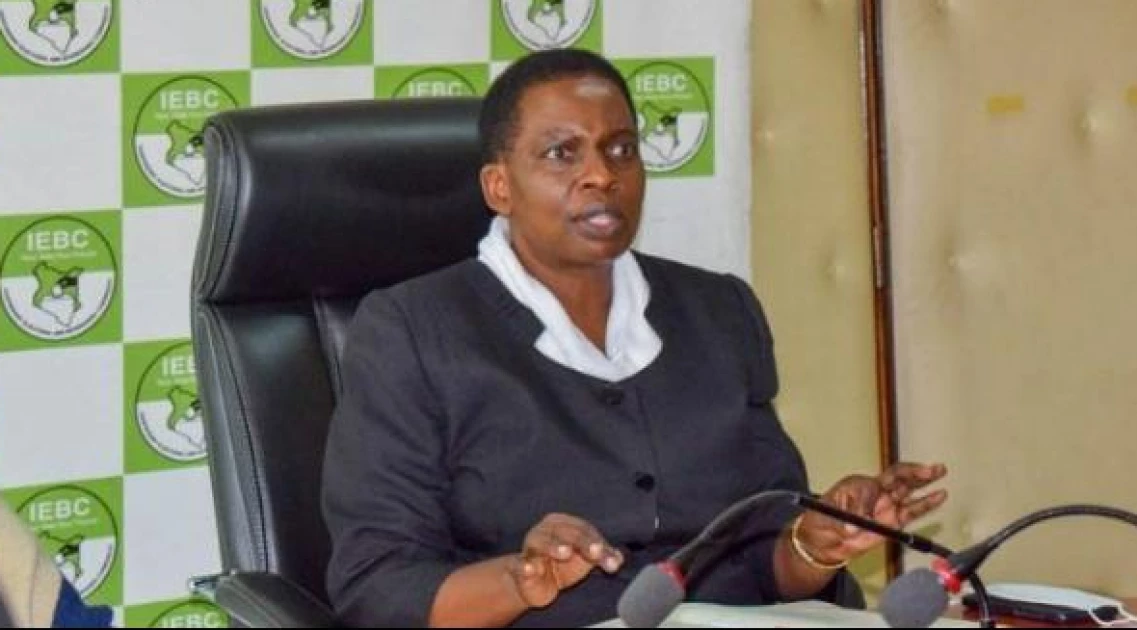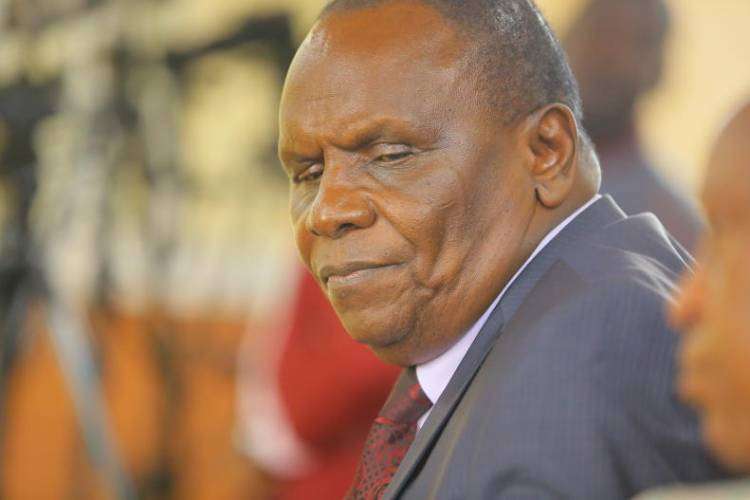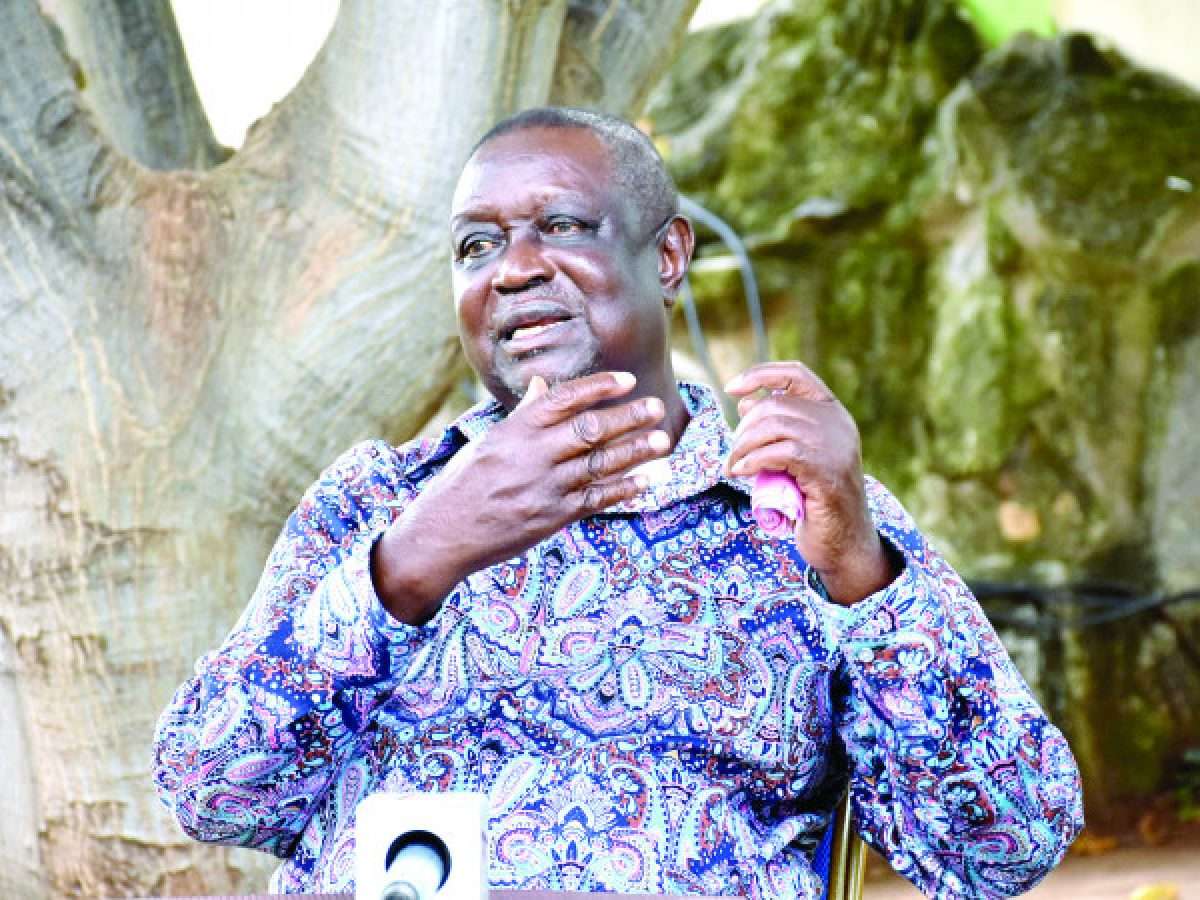Felix Odhiambo, Executive Director of the Electoral Law and Governance Institute for Africa (ELGIA), argued that the high cost of elections is driven by significant investment in technology and corruption. “Trust issues partly explain why our elections are expensive. Corruption is another major factor. Why does the cost of ballot papers in Ghana, which has a similar population and voter registration, come out much lower than ours?” Odhiambo questioned
The Independent Electoral and Boundaries Commission (IEBC) has appealed to the National Treasury to allocate Ksh. 61 billion for the effective management of the 2027 elections. This amount is Ksh. 20 billion more than the Ksh. 41 billion spent on the 2022 polls. In addition, the IEBC has introduced a pre-registration module, allowing prospective voters to register online before visiting the Constituency office in person.
IEBC Deputy CEO Rose Kulundu expressed concern over the insufficient funds from the exchequer, noting that the commission is unable to fully finance some of its programmes.
During a roundtable meeting with the European Union Elections Follow-Up Mission, Kulundu emphasised that the government has not yet established an Elections Fund, which would allow the commission financial independence. “The IEBC has been earmarked for a fund, but it has not been operationalised. If this fund were in place, it would be easier for us to perform our functions and conduct our activities. The National Treasury only begins allocating money either in the election year or the year prior,” Kulundu explained.
Kulundu also revealed that of the requested Ksh. 61 billion for the 2027 elections, Ksh. 11 billion will be spent on printing ballot papers, while the remainder will be allocated to technology and the commission’s operational activities.
This disclosure followed a question from European Union Ambassador Henriette Geiger, who asked why Kenya’s elections are so expensive and if costs could be reduced. Geiger noted that Kenya’s elections are the second most expensive in the world, questioning the high expenditure.
“We spent time with the IEBC and asked them why the elections are so costly. They explained that ballot papers must be printed abroad due to a lack of trust,” Geiger said.
However, Felix Odhiambo, Executive Director of the Electoral Law and Governance Institute for Africa (ELGIA), argued that the high cost of elections is driven by significant investment in technology and corruption. “Trust issues partly explain why our elections are expensive. Corruption is another major factor. Why does the cost of ballot papers in Ghana, which has a similar population and voter registration, come out much lower than ours?” Odhiambo questioned.
He further noted, “Corruption is especially evident in the procurement of electoral materials. There are strong vested interests outside the IEBC. The 2027 election will be costly as the commission will need to procure new election technology, as the current equipment will be outdated by 2027.”
The use of technology in Kenya’s elections, such as the Kenya Integrated Elections Management System (KIEMS), was intended to enhance efficiency, speed, and transparency in results transmission. In the 2022 election, 55,100 KIEMS kits were deployed across polling stations.
“The Electronic Results Display System, which is part of the KIEMS kit, failed to function correctly in 2022. We need to improve this component for future elections,” Odhiambo said.
Kulundu also highlighted the introduction of the pre-registration module for potential voters, which is expected to reduce long queues during voter registration. “We have developed a module that we hope the new commissioners will adopt for pre-registration. This way, people can register online and only need to visit the office at their convenience,” she explained.
Kulundu added that continuous voter registration had been halted in May 2022 and was supposed to resume in March 2023. However, this has been delayed due to the absence of commissioners since the term of Wafula Chebukati, Boya Molu, and Prof. Abdi Guliye ended in January 2023.
“We halted voter registration in May 2022, with plans to reopen it in March 2023. But we’ve lacked commissioners since then. We need the new commissioners to carry out voter registration and implement any necessary policy changes,” Kulundu stated.
Additionally, Kulundu revealed that the commission has requested Parliament to amend election laws to allow some voters to cast their ballots earlier on Election Day. “In the last election, we deployed 500,000 eligible voters who could not vote due to the nature of their work. We have asked Parliament to amend the law so that some people can vote early. The difference between the winner and the runner-up in the Presidential race was just 200,000 votes. The 500,000 people we could have enabled to vote could make a significant impact,” she added.
Meanwhile, Aggrey Masai, Director of the National Registration Bureau, disclosed that over three million new Identity Cards have been issued from September 2024 to January 31, 2025. “We issue IDs daily, and since September, we have issued over three million IDs. The timeline for issuing these IDs has been reduced, with County Headquarters now processing them in just seven days,” said Masai.





